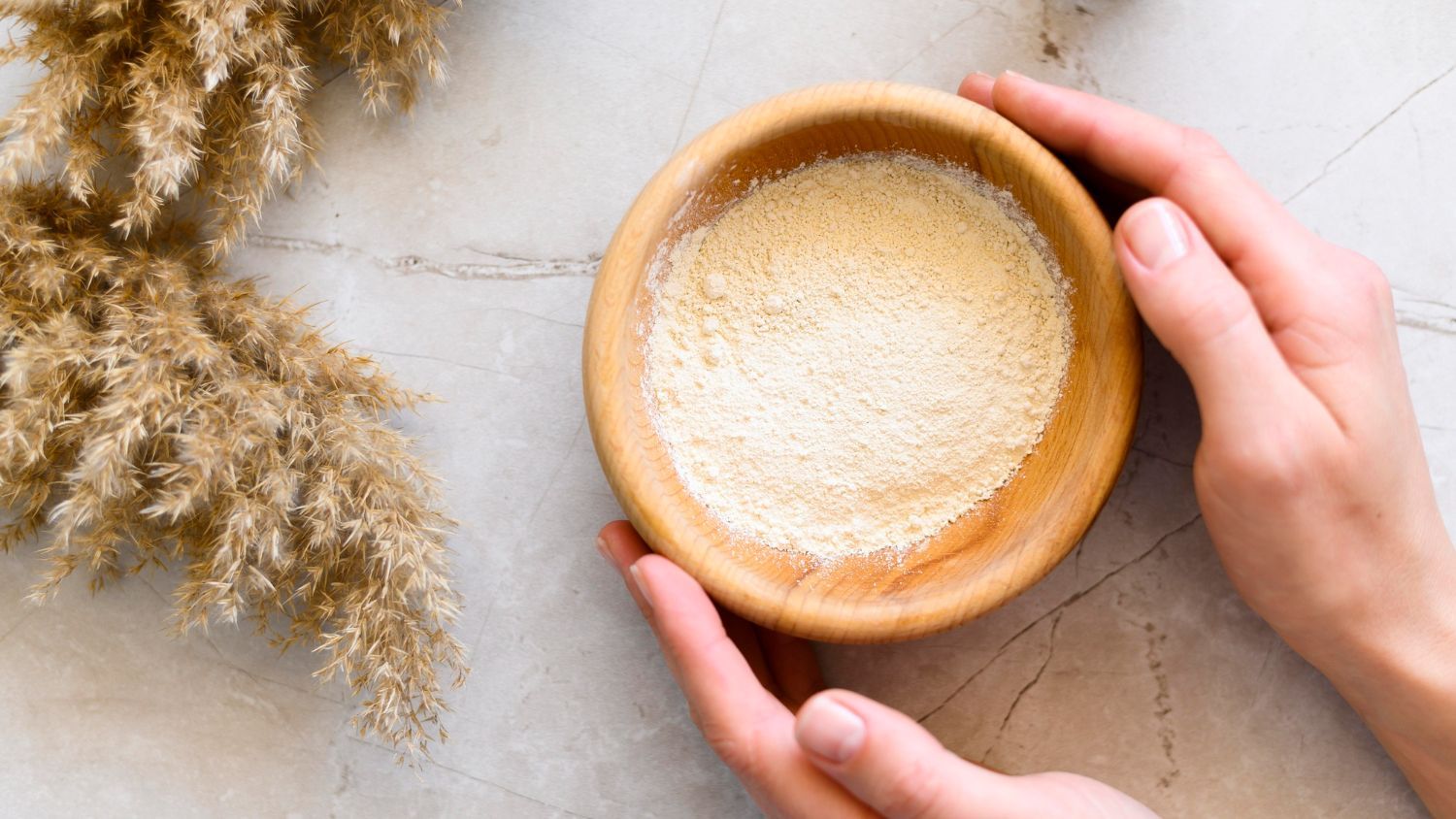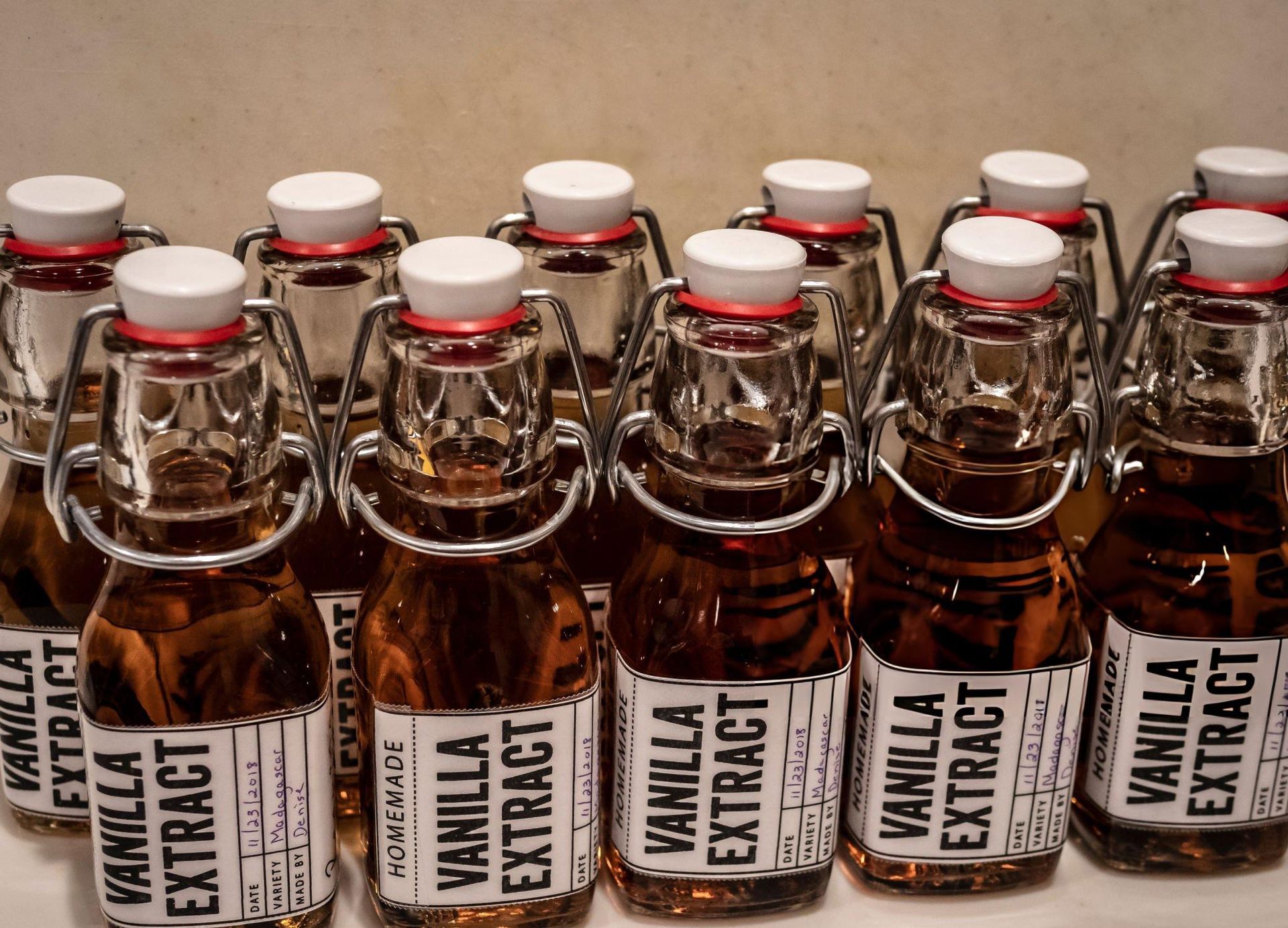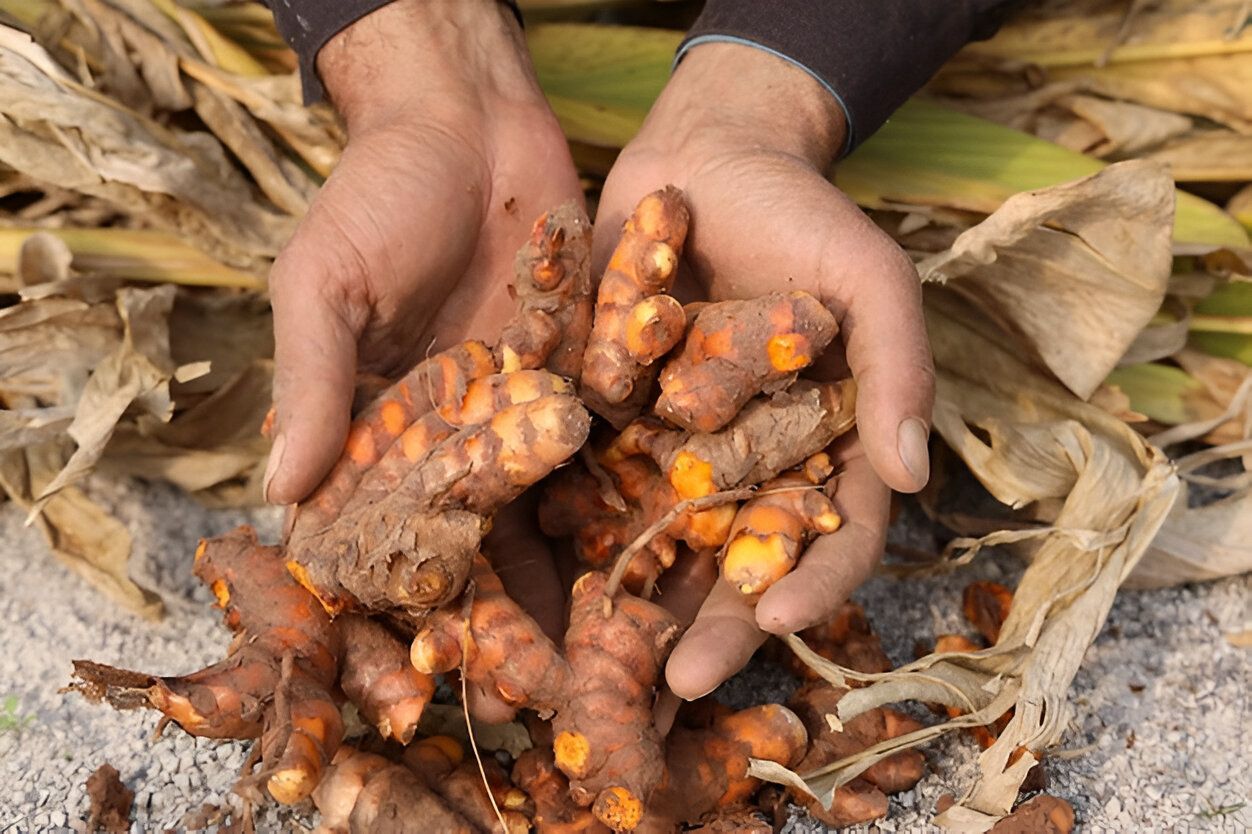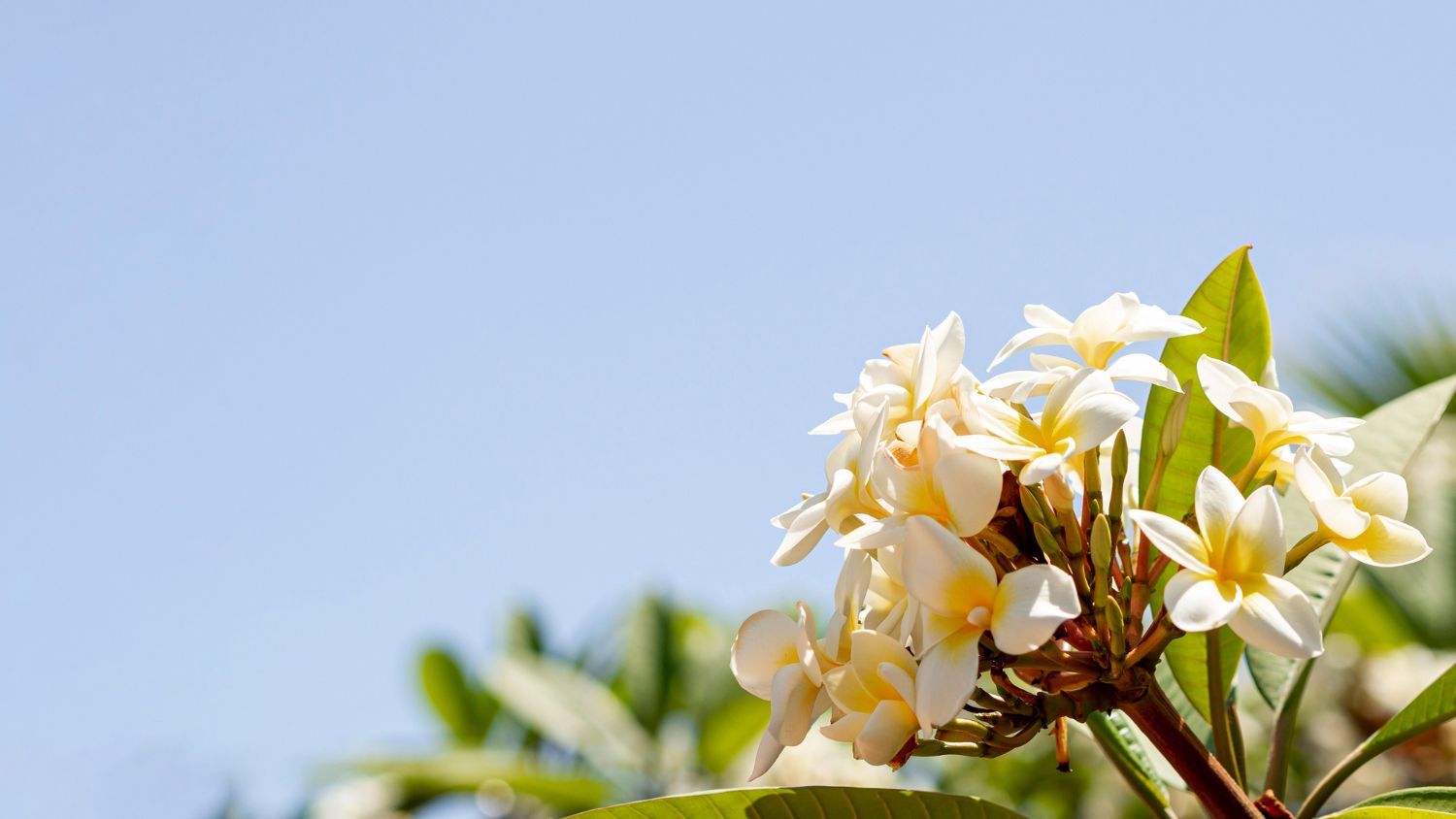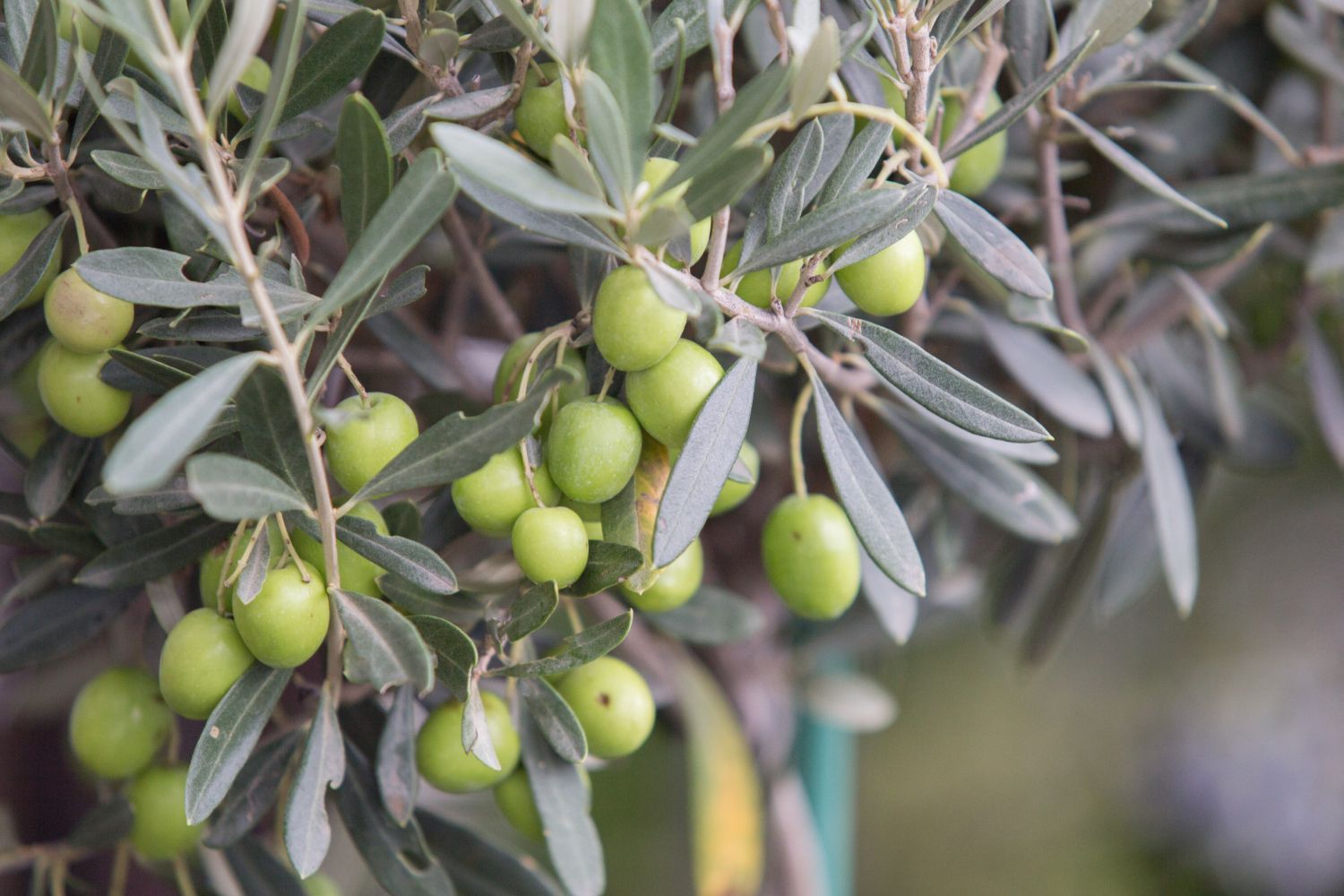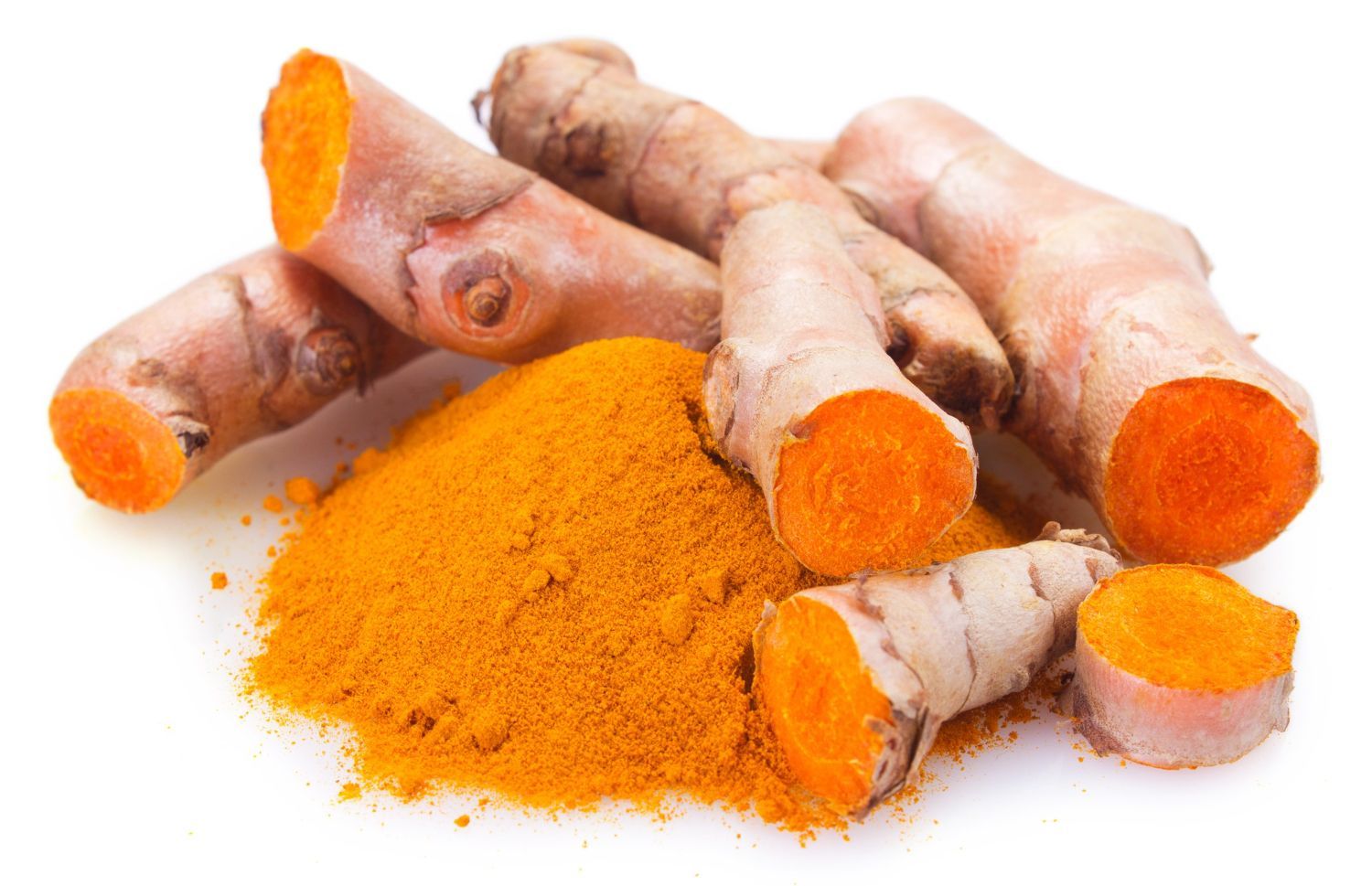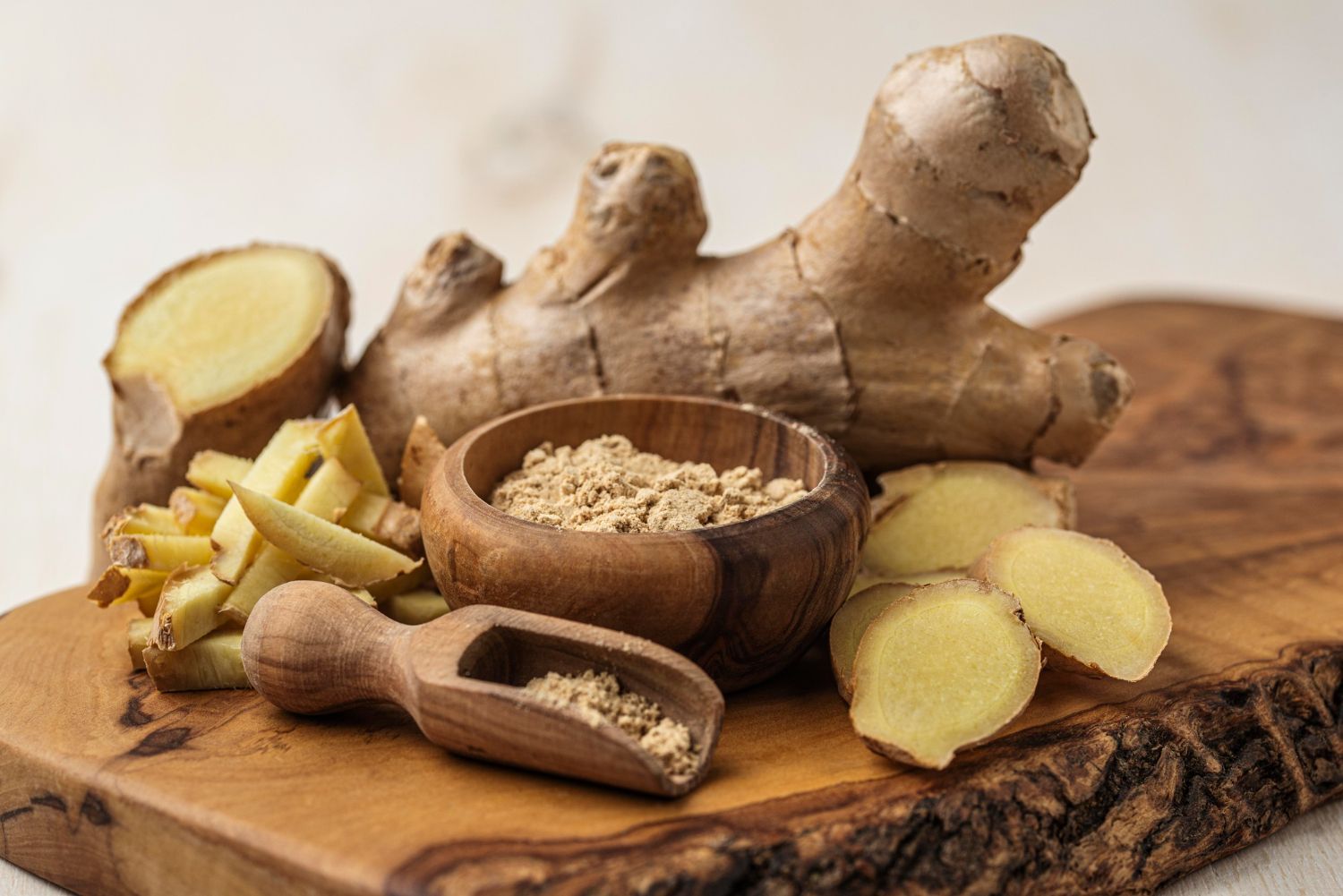Vanilla farming in Florida is an exciting venture, offering unique benefits and challenges. Florida's climate, with its warmth and humidity, creates a favorable environment for vanilla growth, potentially yielding high-quality produce. But to make the most out of your vanilla bean farm, understanding how to boost your yield is key. This involves knowing the right farming techniques, maintaining the plants' health, and responding proactively to climatic conditions.
Florida's climate can present some challenges, such as periods of excessive rainfall or intense sunshine. Addressing these factors with effective strategies is crucial for optimizing yield and transforming potential obstacles into opportunities to enhance your farm's productivity.
Understanding Vanilla Growth Cycles
Growing vanilla involves understanding its journey from planting to harvest. Each stage of the growth cycle requires specific care and attention to maximize output. Here's a simple breakdown of these stages you should know:
1. Planting:
Start by choosing healthy cuttings, ensuring they're free from infections or pests. Ideal planting conditions include loose, well-drained soil and a semi-shaded area that mimics a natural forest canopy.
2. Establishment: This phase is about helping your plants settle and grow their initial roots. Keeping the soil moist but not waterlogged is essential. Use a light mulch to retain moisture and keep weeds at bay.
3. Growth and Flowering: During this period, your plants will need support structures to climb. Use poles or trellises to guide their growth. Flowering typically occurs once the plants are mature, around three years old, depending on care and environmental factors.
4. Pollination:
Vanilla requires hand pollination or florida green bee pollination, often done during the morning hours when the flowers are open. To ensure beans, hand pollination is important, making your role crucial in this stage.
5. Harvesting: Knowing the right time to harvest is vital. Beans are usually ready when they turn slightly yellow at the tip. Picking them too early or too late can affect quality and flavor.
Timing these stages with Florida's seasons helps achieve better results. Luck aligns with effort as the cool months ease the stress of pests, and the warm seasons boost growth. Familiarity with this cycle, supported by careful timing, ensures that each phase gets the right environmental support and attention from you, leading to a bountiful vanilla bean harvest.
Optimizing Soil and Nutrient Management
To ensure your vanilla plants thrive, managing soil health takes center stage. Start with soil that drains well, as vanilla doesn’t like to sit in water. Sandy loam is a good option since it offers good drainage yet retains sufficient moisture for plant growth. Here, you’ll want to blend organic matter like compost or well-rotted manure to enhance nutrient content and improve texture.
Keeping the nutrient balance is also important. Regularly check the soil pH, aiming for a level between 6.0 and 7.0. If it drifts outside this range, simple soil additives can help adjust it. Fertilizing should occur throughout the growth cycle to provide the essential nutrients, but avoid over-fertilizing, which can harm plants. Using a blend of nitrogen, phosphorus, and potassium in your fertilizers supports healthy growth.
A practical tip is to practice crop rotation or interplanting with other compatible crops. This helps prevent nutrient depletion and discourages pest buildup, leading to healthier and more productive plants.
Effective Irrigation Techniques
Given Florida’s unpredictable rainfall, efficient irrigation ensures your vanilla plants receive the right amount of water consistently. Drip irrigation systems work well since they deliver water directly to the base of the plant, minimizing evaporation and conserving water. This method also helps you control how much water each plant receives, reducing the risk of waterlogging.
To avoid common watering issues, always check soil moisture levels before deciding to water. The top inch of soil should feel dry before re-wetting. Too much moisture can lead to root rot, a condition that severely affects plant health and productivity. A simple way to prevent this is by ensuring proper drainage and avoiding excessive watering after heavy rainfalls.
Use mulch to retain moisture and regulate soil temperature, addressing both heat and unexpected cold spells. Local materials like pine needles or bark chips work well for this purpose, easily available and effective in conserving soil moisture.
Pest and Disease Management
Pests and diseases pose significant risks to vanilla farms. Common culprits include aphids, spider mites, and thrips, which can damage plants and reduce yields. Keeping a watchful eye and inspecting your plants regularly helps in early detection and management of these threats.
For effective pest management, consider using natural predators like ladybugs or neem oil solutions, which deter pests without harmful chemicals.
Diseases like fungal infections are another concern. Ensuring good airflow by maintaining appropriate plant spacing can prevent such issues. In case of infections, promptly removing affected plant parts and applying suitable fungicides can prevent the spread.
Harvesting and Post-Harvest Practices
Timing your harvest right is crucial for quality. When vanilla beans start showing a yellow hue at the tips, it’s generally a good sign they’re ready for picking. A well-timed harvest ensures the full development of flavor and aroma in the beans.
After harvesting, curing is the next step to bring out the classic vanilla essence. The process involves blanching, sweating, and drying the beans. Each step is essential for developing the characteristic vanilla aroma and flavor. Ensure each phase is done with care to maintain quality.
Proper storage of cured vanilla beans is also necessary to preserve quality. Keep them in a cool, dark place in airtight containers. This method prevents mold growth and prolongs shelf life, allowing you to enjoy the fruits of your labor longer.
Pulling Everything Together for Success
Successfully managing a vanilla bean farm in Florida involves understanding the unique challenges and opportunities presented by the local climate. By using appropriate farming practices, from planting to harvesting, you can significantly enhance your yields. Stay dedicated to managing soil health, employing effective irrigation strategies, and being proactive about pest and disease control. Doing so paves the way for a fruitful vanilla bean farming experience in Florida.
For those looking to elevate their vanilla farming endeavors in Florida, connecting with experienced growers can be a game-changer. Explore more about managing your own
vanilla bean farm and get insights from the experts at Sunshine State Vanilla today.


